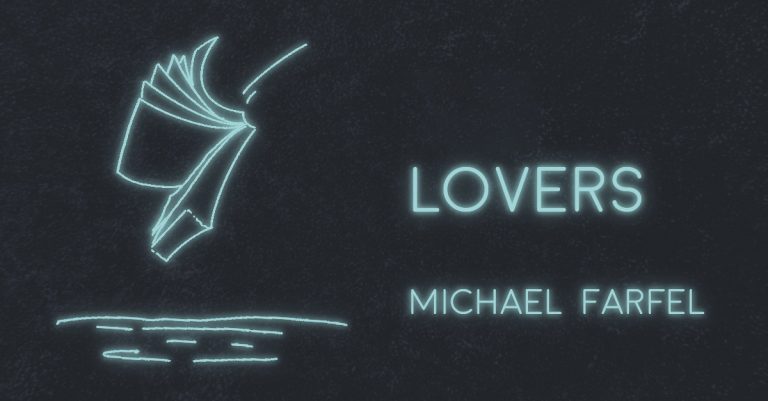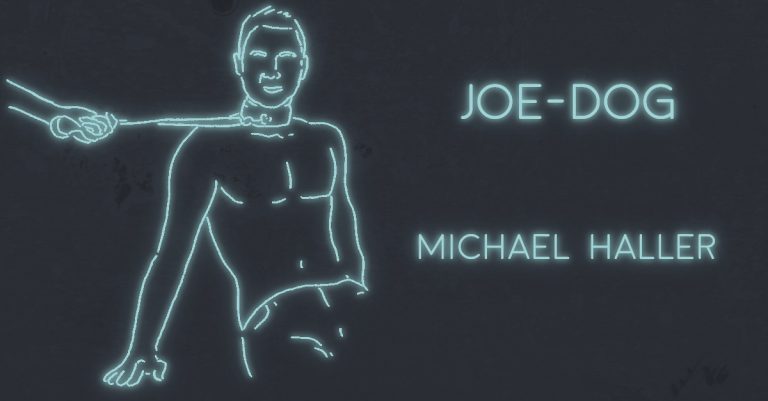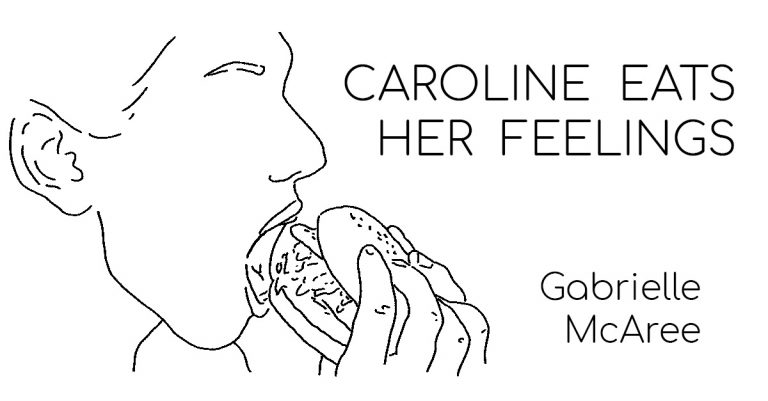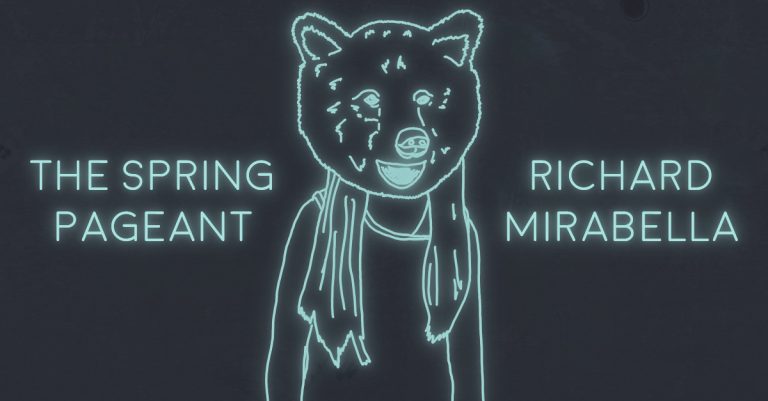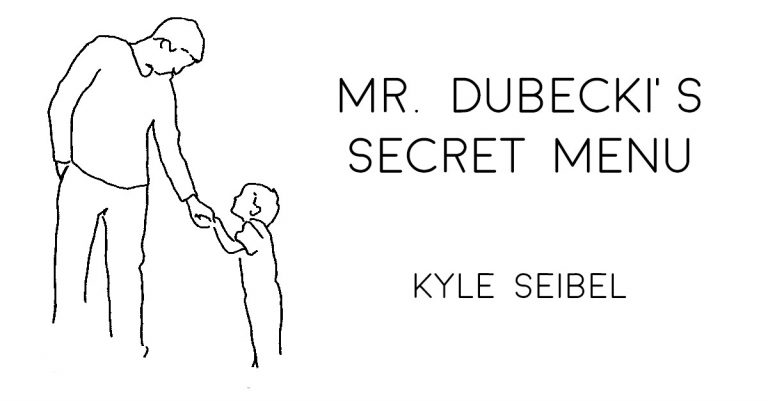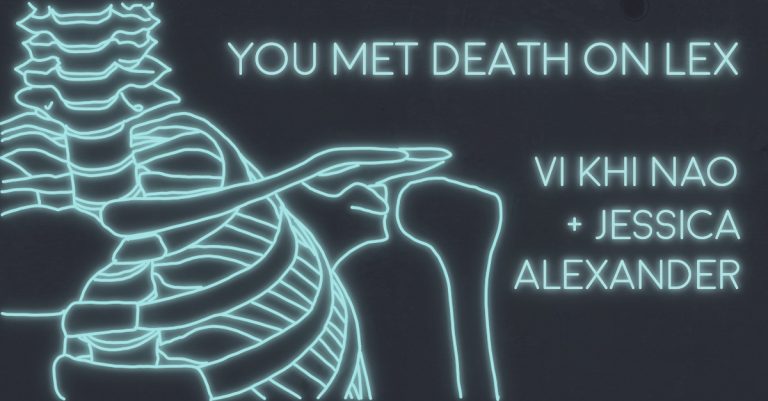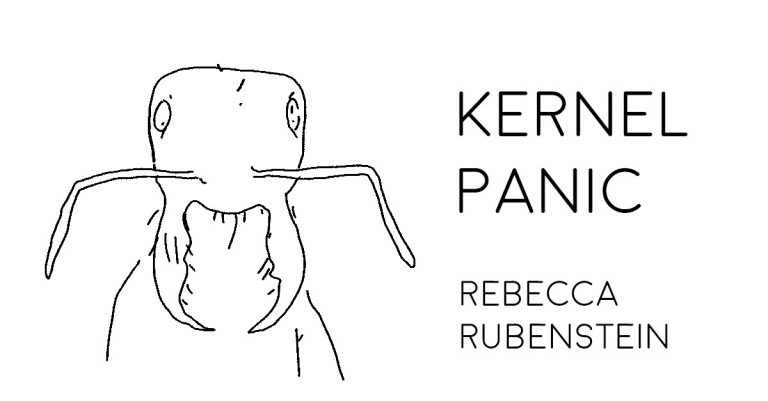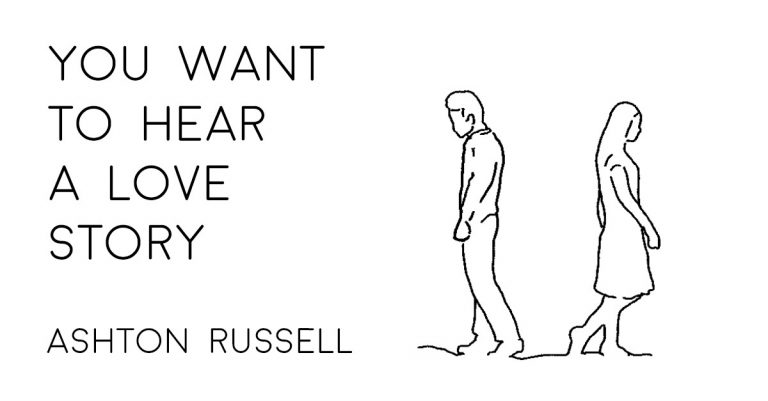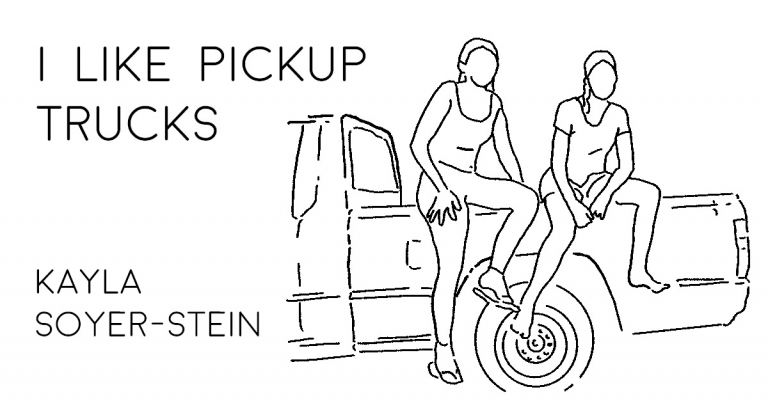
WILD RELEASE by Evan James Sheldon
The ballroom was empty except for stacks of chairs along the walls and the man staring at the ceiling. With no one around him in that large space he looked very small.
I waved my arms over my head but the man didn’t notice and kept on staring at the ceiling. He was off in his own world. I pulled out my weed pen, which most people mistook for a flash drive. Even though weed was now legal, I was still secretive. Learned furtive behavior from all my high school friends having misdemeanors for possession.
The Toy Voyager conference was still going on in the adjacent area, but I had sneaked away. All the too-bright smiles and handwritten name tags and coffee breath. Everyone was holding a toy, speaking of exotic destinations—Borneo, Florence, Kyoto, Melbourne—but then again everywhere felt exotic compared to the gray carpet and fluorescent lighting of the Denver hotel.
I hadn’t come for the conference but I hadn’t not come for it either. Once every couple of months I rented a room at the Longmore Hotel in downtown Denver, and pretended I was someone else—a Trevor, a Curtis, a Sylvester—with a random job and I drifted around the lobby and hotel bar, drinking, chatting with people in town on business, or occasionally, people in for a conference. My day job consisted of testing websites and I made a bit of extra money on the side filling out online surveys. These little holidays at the Longmore were my main social interactions.
Spending a weekend as someone else started as a joke with myself, but then I didn’t stop. It's not that I was unhappy with my life, but maybe I was bored. You start doing a thing, in my case testing websites, and before you know it, it has grown and occupied more space than you ever intended. You become a "Website Tester" like this defines you, and to some degree it did, and it was oddly freeing pretending to be someone else. To imagine myself a life with more mystery than a computer screen, to build out a character who made more sense to me, as me. Isn't this the goal of all us modern folk, a perceived, whether correct or not, self-actualization?
This time, when I booked my normal room, I saw Toy Voyagers were going to be using Ballroom C, so on a whim I bought a semi-rare, and unopened, Big-Bird headed Pez dispenser. The plastic wrapping crinkled in my pants pocket when I shifted. Maybe that was what finally drew the man’s attention. With just the two of us in Ballroom A, his voice echoed and reverberated all around me.
If the mass of a thing is less than the volume of the atmosphere it displaces, that thing will float, he said. If this room was filled with Radon, whales could fly, there’s certainly enough room. Wouldn’t that be something? He looked over at me, smiling. But then, of course, we’d be dead.
He came over and held out his hand. My name is Rufus, he said. I went to shake his hand but was still holding my weed pen, so I awkwardly held it out on my palm. He took a drag and handed it back, glanced at my name tag. Thanks Colton. Terrible weed though. I’m a gummy man myself, though I prefer a drink over both. I didn’t say anything. Can’t you just imagine them swimming through the air in here? Two Blues and a Humpback at least.
He patted my shoulder and left the room.
I spent the remainder of the evening as I normally did during my hotel escapades. I was Colton, a dairy farmer who struck it big when Skittles bought my farm at an outrageous price to build a packaging plant. I chatted with a couple businesswomen in from Atlanta, a man wearing a pencil mustache heading to Aspen the following morning, three ladies who I quickly realized were not into me, but rather each other. I bought us all Butter Baby shots, and moved along. No one doubted my story despite its outlandishness, and no one seemed that interested either, and maybe that was what led me back to the bar top alone and then to my room for an early night.
I spotted Rufus the next morning, milling among the Toy Voyagers, which surprised me. It shouldn’t have, based on our interaction before. What kind of person wonders about flying whales? That kind of eccentricity seemed a perfect fit for this conference. He was holding something small and colorful in one hand and talking to a woman with a massive plush rabbit in her arms. She held it the way a child might, both arms wrapped around its middle while its head lolled to one side. With the size of the bunny, and the fact that Rufus and the woman were roughly the same height, they both looked like children. He winked at me when he saw me looking.
Mr. Jones here, the woman said as I drew near enough to hear, he’s spent a lot of time in Alaska, King Salmon primarily. I like to say that Mr. Jones is a cold weather rabbit.
They both laughed.
This is my friend, Rufus said without gesturing. He could have been talking about either of us. The toy in his hand turned out to be an old, primary-colored helicopter, made of wood and equipped with a pull-string. It was chipped and clunky, a nostalgic relic. Something people save not because they need it or it works or it does anything for them, but because they’ve attached some emotional value to it. I’m sure there was a great backstory; his grandfather left it for him before the war and he was flying it the day they heard the news that Pappy wouldn’t be coming back. Its propellers spun and spun as the tears, proud though they were, ran down his face. He’d never flown it so high before and never so after. Or something like that.
Tell me. What do you think Mr. Jones has seen on his journeys? Rufus asked.
I nearly excused myself then, as I had already heard so many stories about the wonders these toys had experienced. Crystal waterfalls in the moonlight, a campfire on the open Serengeti, strange rituals guessed at because of some smudge on the toy’s arm. It was all too much.
Oh! The woman’s whole body lit up. I like to imagine his adventures as a series of interlinked moments, small wonders he holds close to his heart. Things that, when they’re spoken out into the world are diminished, the words won’t ever quite add up. But he’s brimming with them. I can feel it. She squeezed Mr. Jones then. I bet she didn’t even know she was doing it. Anyway, I’m just a host, the toys are the real adventurers.
I had learned that most toys were sent on to other hosts who then documented the journey and sent the toy out again. If you sent a toy somewhere other than a designated host, it was called a “wild release,” a much more risky venture.
I tried not to make a face. I had become quite good at masking my thoughts. You had to at these kinds of things talking with people like this. Give a polite nod, smile convincingly and excuse yourself. Rufus, however, seemed actually moved by the woman’s philosophy.
But before he could respond we were interrupted by a man holding a replica of Mr. Jones, though the man’s bunny was pink instead of sky blue. They erupted into laughter that out of all the toys they might have the same ones at the same conference.
Small world. I did my best to smile, and disengaged. Rufus followed.
Want to get out of here? he asked.
I looked around the conference room: the table displaying where notable hosts lived, a tall, thin man showing a group how to properly arrange a GoPro no matter how odd the toy’s shape, the podium where a speaker was due at any moment to lecture on proper shipping methods. I nodded and led the way, even though I didn’t know where I was going.
I wandered out of the entrance and headed to my right. Less than a block away I found a bar, Cloud 9, that claimed to feature live music. We sat at a booth with a good view of the entrance. It was dim except for the unadorned single light-bulbs hanging over the couple of booths and hightops. They were the kind that emphasized the filament, brand new but trying to look old. A few people sat at the bar and a guy with an acoustic guitar was tuning it quietly in the corner.
Rufus set his toy helicopter on the table. Cloud 9 specialized in champagne and mimosas. He went to the bar and got us a carafe of something green and bubbly. Two glasses. Did you know that one flute of champagne can hold up to twenty million bubbles? Rufus asked as he filled the champagne flutes.
I laughed and shook my head. He smiled.
No it’s true. Champagne has so much CO2 that you have to release up to eighty percent of it when bottling, or else the pressure will cause the bottles to burst.
The guitarist announced he would begin playing soon, thanked us all for coming, like he was the draw. The mimosa tasted like kiwi and melon and something grassy I couldn’t place.
So what toy did you bring to send away? he asked.
I pulled the Pez dispenser out of my pocket and set it on the table, embarrassed though I didn’t know why.
Ah. You’re not really a Toy Voyager then are you? That’s okay. It is fun to watch everyone get all whimsical about sending toys on vacation. I get it. I’ll keep playing along. He took a drink from his green flute and winked at me.
I’d never been called out before. Most people just accepted what I told them, because 1) why would I lie 2) I was good at it 3) and my least favorite, but often the most probable, they didn’t care enough to wonder if I was lying.
I debated diving deeper into my persona, maybe storming out, but a part of me wanted to know how he’d figured me out.
A group of toy voyagers came in and went straight to the bar top. A man waved the bartender down to order a Mai Tai for his Donatello action figure. They all laughed and began debating whether Donatello would like a Mai Tai or if he was more of a Coors Light kind of ninja turtle.
What makes you say that? I asked.
That’s not the kind of toy you send to see the world. Plus, I see the way you look at them. He gestured to the Toy Voyagers. It’s not a look of understanding, of community. You don’t like these people or what they’re into.
I don’t have to like everyone in a group to still find their actions interesting and fulfilling.
He nodded, but I could tell he didn’t believe me.
What about you? Why are you here? You don’t seem like you belong either?
What makes you say that? he asked, smiling as though he enjoyed repeating me.
Well, you keep sneaking off for one. And you don’t seem like you’re interested.
It turned out Rufus was one of the original organizers of Toy Voyagers and an ex high school science teacher. We had quite a bit in common; we were both in our thirties and lived alone, maybe similarly bored, we both liked pulpy western novels, listened to poppy, British rock.
But when I asked about the Toy Voyagers, that’s where the similarities stopped. Six years ago his wife had gotten sick, and all of the sudden she couldn’t leave the house. They’d loved to travel so he started sending out stuffed animals to make her happy, a kind of vicarious journey. He wanted her to have something concrete to imagine in a far off place, something to venture where they no longer could. People heard about what he was doing and it grew from there. The local news had even done a feel-good feature on them. He made a website, started holding conferences.
The guitarist began his set: lounge-y covers of Beach Boys songs. We listened for a minute as he sang “Good Vibrations” like he was Sinatra. He had a great voice.
Did it work? I asked.
What work? Rufus’ eyes were on the guitarist.
Did sending the toys out make your wife happy?
He laughed. God no. She hated it, but I didn’t realize it. I was just trying to give her an aspect of her old life she no longer had access to, but she wasn’t interested in her old life. She didn’t say anything and by the time she told me, it was too late. All these different people loved it. People all over the world. I couldn’t take it away from them. He downed the rest of his drink and refilled it. Now it’s what I do. I make enough money to just do this. I don’t really even need to be here. The whole thing practically runs itself. He paused and looked at me for a long moment. I expected some sort of scientific ramble about the connectedness of people, or a statistic about the number of countries involved. Instead, he said, Did you know that Dr. Seuss cheated on his wife while she was dying of cancer? I didn’t say anything. Excuse me for a sec, he said.
He got up with his helicopter and walked to the guitarist, who was in between songs. Rufus dropped some cash into the open guitar case on the floor and set the helicopter in there as well, leaned over and spoke to the guitarist, who nodded.
Rufus returned as the guitarist started speaking. This next one goes out to those wild kids at the bar top with the toys. Not sure what I’m going to do with this helicopter though.
Send it far away, yelled the man with the Mai Tai and Donatello figurine. The guitarist began playing “I Get Around” and Rufus raised his drink toward the Toy Voyagers. I’d never seen a group of people more elated.
The conference ended and I went back to clicking on things on the internet, but over the next few months Rufus and I kept in contact. We would text each other about new bands or terrible stick-‘em-up lines from whatever we were reading. Sometimes I would look up odd facts and make some up too. He normally found me out.
At some point, apparently he marked me down as a host on the website. I began to receive stuffed animals of all sorts—my favorites were the dinosaurs—and I made up stories about them, what they did in the Mile-Hi City. It was a joke between us, a tongue-in-cheek participation in something neither of us believed in. Or not really. I did bring one sort of alien thing with light-up tentacles camping up in Rocky Mountain National Park and took pictures of it like it was running through the trees, escaping the terrible humans coming for it.
I looked forward to our back and forth. I don’t know what he got out of it. Maybe it felt good being able to talk about the thing he created and be able to make fun of it at the same time?
When the toys kept coming, I began taking them out to restaurants and bars. I got a few snickers, many sad smiles, but on the whole people seemed genuinely interested. Once I explained the situation, sometimes together we’d make up a bizarre story about the stuffed Koala’s night out, sometimes they’d invite me and the toy to the bathroom for a couple of lines, sometimes an after party, another bar, another experience. I told Rufus’s story over and over, leaving out how his wife really didn’t like the idea and the odd thing he said about Dr. Seuss, and people ate it up.
And all of it I relayed to Rufus. I don’t know if he liked how involved I became or if it was some odd joke to him. Maybe it was both. If I had learned anything from Toy Voyaging it was that a person could be totally sincere and playing around at the same time.
One day, he let slip that he was living in Cheyenne, Wyoming, just a few hour’s drive north from Denver. Once I found out how close we were, I bugged him to come down, but he refused, said he was more of a stay-at-home kind of guy these days, but I could come up if I wanted. It was kind of a brush off, but I had just received a plush whale named Ernest and thought it might be funny to bring Ernest to Cheyenne and maybe rig something with some clear fishing line so it looked like it was flying. Rufus seemed to be withdrawing, responding slower and slower to my messages, sometimes not at all, and I thought a joke based on when we first met might cheer him up. Plus, it was now fall and the leaves were changing. It would be a beautiful drive and I could snag a couple lovely pics of Ernest along the way.
I got into Cheyenne on Saturday afternoon. Rufus lived in a two-bedroom townhome in the Fox Farms subdivision. When I pulled up he was standing, smoking on the second level patio that overlooked the parking lot and a drab playground filled with tan plastic slides and pea gravel. No one was playing there. After a couple minutes, he came down to greet me.
He looked terrible, like he hadn’t been sleeping, like he’d definitely been drinking. His hair, which in Denver was cropped close to his head, had grown out but without apparent intent. He was wearing a hoodie and sweatpants and he waved me in.
Boxes, opened and unopened, sat against the wall and on the counter a few bags of Taco Grande with crumpled up, sauced wrappers were slowly hardening next to a half-eaten pan of cornbread. No empty bottles but I guessed he hadn’t really expected me to come and had rushed to clean what he found most damning.
We sat on his grey, corduroy-upholstered couch on opposite ends so we had to turn just a bit to see one another. There were no other chairs I could see.
He asked about my drive, how I was doing, work, etc. I asked similar questions, but he would only answer with good while nodding and looking at his clasped hands in his lap. No winking. He finally asked if I wanted a drink and I said sure and he got us two Natural Lights from the fridge. He sunk just a bit further into the couch and finally really looked at me.
Hey. Do you remember what I said about Dr. Seuss, in that bar in Denver?
I told him I did, though I wasn’t exactly sure why he’d told me.
You’re not dumb. You figured it out.
I told him I had guesses for sure.
Ha. Guesses. When Emily was really sick, right at her worst, that’s when I did it. No big story. A random hookup. We met at a bar and went back to her place. Rachel. Rachel was her name. She had short blonde hair.
I didn’t say anything. We both drank for a second. He rolled the can back and forth between his palms like he was trying to warm it up.
I was drunk and when I woke up the next morning she was gone. Left me in her apartment by myself. That was back in Boston of course.
Boston?
Yeah. Before I moved out here, I just picked a random place and came out after.
After your wife died?
Rufus sat up straighter with a confused, almost irritated look on his face. Died? She didn’t die. Emily made a full recovery. I left, or she kicked me out, it doesn’t really matter. And it didn’t matter where I went, I just couldn’t stay there. Not after all I put her through. She remarried this summer during that conference in Denver. Some guy named Torrance. He took a big pull from his beer. What kind of name is Torrance?
I asked if I could smoke and he told me he was only renting so we went out on the patio. Leaves were starting to fall and a cold breeze swept a whirling group of reds and golds and browns noisily across the asphalt of the parking lot. Rufus leaned on the white metal railing with his arms crossed.
Do you remember that helicopter I dropped into the guitar case at the mimosa joint? I saw one of the Toy Voyagers buy it from him before we left. Do you think they sent it on?
I have no idea, maybe they kept it as a memento. I said. Hang on. I ran downstairs and grabbed Ernest.
When I brought it back onto the patio and passed it to him, Rufus started crying. I didn’t say anything, just let him cry.
Holding the whale in his arms, he looked big, the biggest I’d ever seen him. I waited in silence until he finished crying and when he held it out for me to take it back, I waved him off.I left later that day and drove back to Denver. I tried emailing him over the next few weeks but he didn’t respond. I let it drop, thinking he would reach out at some point, from somewhere. I wondered then how long we’d keep in touch, how long he’d stay in Cheyenne. Boston was far, a whole country away, but I doubted it was far enough. Not for him, and not like this.
A few months later I went back to the Longmore. I didn't really want to pretend to be someone else, and I remembered how I felt during my weekends there, but it was hazy, the loneliness dampened by time. I think a part of me had become nostalgic for my former self. Or imagined that previous life as more than it was. Whatever it was, I skipped the room and just went straight to the bar.
I ordered a mezcal Old Fashioned and spun around on my stool so I could survey the room. A group of men in suits laughed at one of their crew with an animated expression on his face. A woman read a book and drank a glass of white wine, but she kept looking up, searching for something or someone. Three people still in ski gear sipped hot toddies and recounted their day. A mother scolded a child who had been trying to escape her while the father ordered several drinks at once. No one knew me. I could have been anybody from anywhere, with wild stories, adventures beyond the humdrum of all these little daily tragedies. I gulped down the rest of my drink and got up to leave when I felt someone at my elbow. It was the Mai Tai/Donatello guy.
Didn’t I see you at the last conference? he asked. He was in a suit, no action figure present.
I debated for a moment, but he seemed so genuine, so grateful to have found another Toy Voyager, I relented. Yeah. I actually think I saw you over at Cloud 9, I said.
He shook his head, embarrassed and amused. Damn. We got messed up that night. All the toys got mixed up if you know what I mean.
I had no clue, but I didn’t want to tell him that, and I felt myself slipping into my old way, searching for the most probable persona. He flagged the bartender down and ordered two more of what I was having without asking what it was.
Anyway, terrible about what happened. Is that why you’re back? A few more of us were supposed to come by. He looked at his watch.
Wait. What happened? Did prices go up on shipping? I asked. He laughed but it was closer to a scoff than a demonstration of real amusement.
No. About Rufus. He died.
He went on to give too many details, but when he got to the part about how they found him hanging from his balcony, my mind glossed over. I heard what he said but the words slid past me without registering meaning.
I thought about how when Aldous Huxley was on his deathbed dying of cancer, he asked his wife for LSD. He died tripping. I don’t know why I thought of that, except that maybe he saw the world as Dr. Seuss drew it–full of Sneetches and Foo Foo the Snoo–and I wondered what Rufus saw at the end. I kept picturing the empty playground and cold leaves rattling.
I interrupted him to ask about Rufus’s toy helicopter, if he knew where it was.
I sent it on, he said. I’m sure that’s what he would have wanted.
A few more Toy Voyagers arrived and when introduced I was surprised that I gave my actual name.

